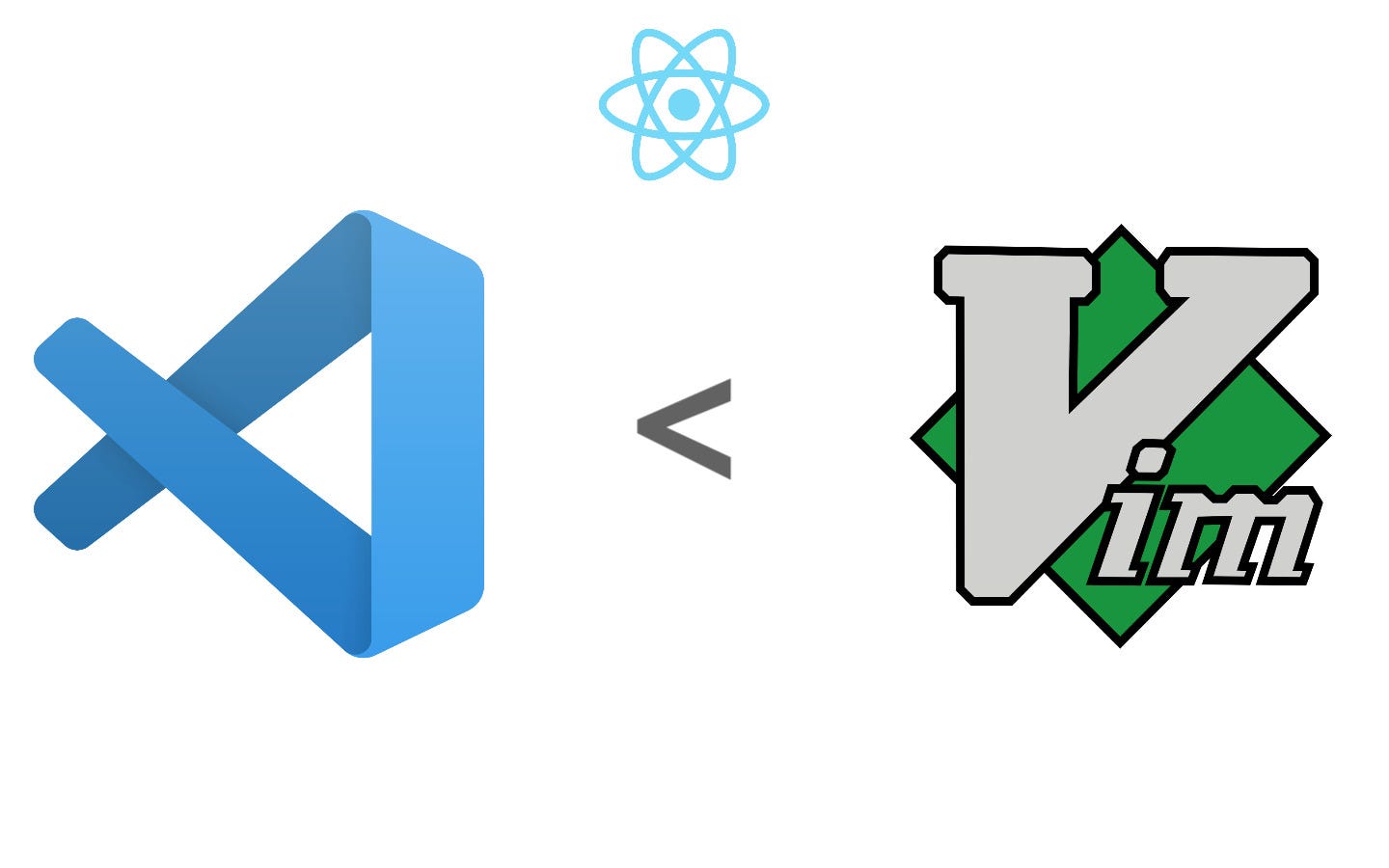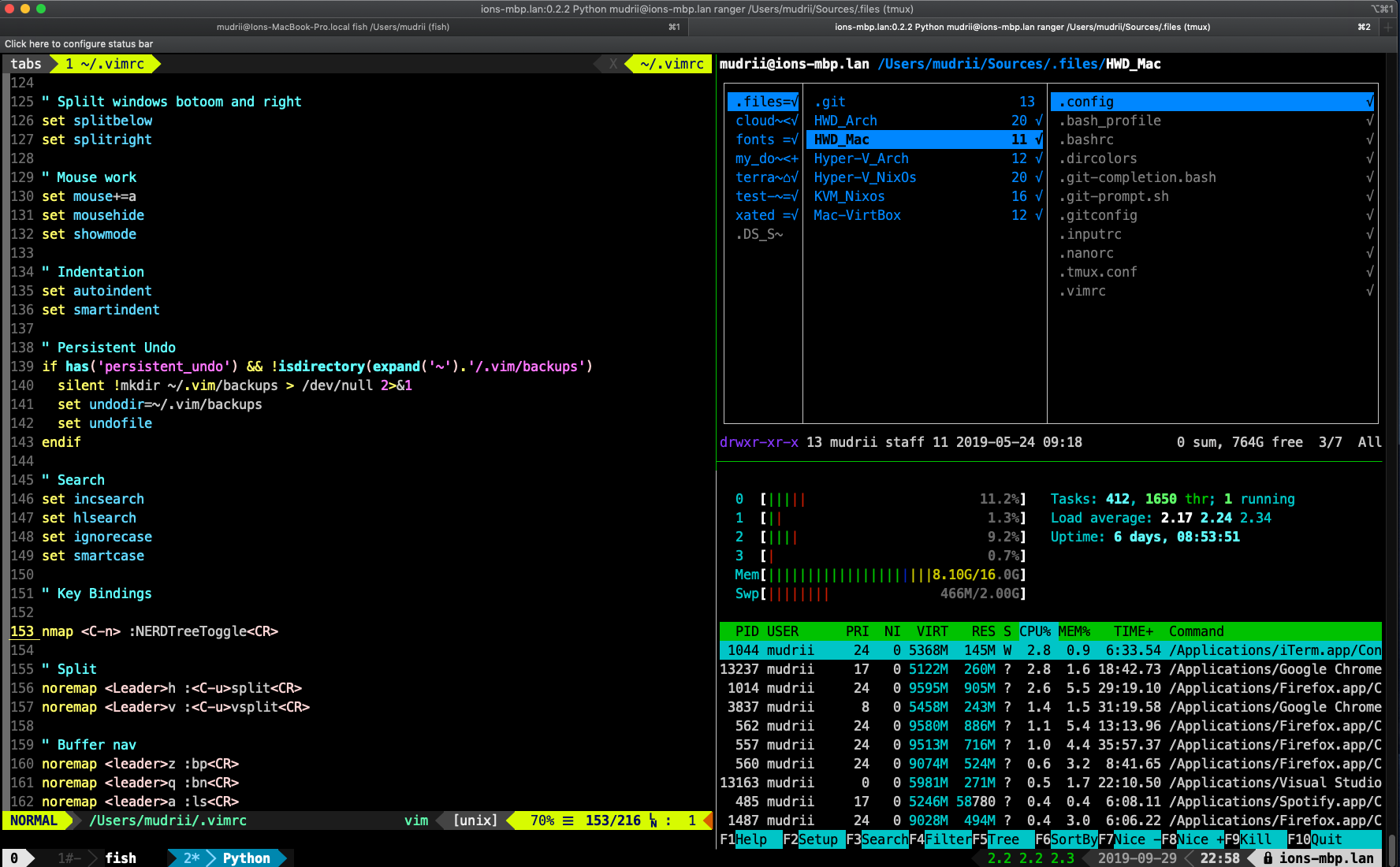Clone via HTTPS Clone with Git or checkout with SVN using the repository’s web address.
In this post, I would like to share how to set up Neovim for writing simple C++programs.
First, we need to install additional packages or tools. The installationsections below are mostly aimed at Linux. For macOS, clang is already installed,and for ccls, you can simply install it via HomeBrew:
- Let’s focus on switching to Neovim, because switching to Vim 8 should be almost effortless. The configuration files will be on the same place and once installed it should be working with all your previous configs out of the box. There are two ways (using Linux) to install Vim 8: Using the unofficial PPA: sudo apt-add-repository ppa:jonathonf/vim.
- Stack Exchange network consists of 176 Q&A communities including Stack Overflow, the largest, most trusted online community for developers to learn, share their knowledge, and build their careers.
- Install from package. Pre-built packages for Windows, macOS, and Linux are found on theReleases page. Managed packages are in Homebrew, Debian, Ubuntu, Fedora, Arch Linux,Gentoo, and more! Install from source. The build is CMake-based, but a Makefile is provided as a convenience. Make CMAKEBUILDTYPE=RelWithDebInfosudo make install.
Install gcc
LLVM requires gcc to be at least 5.1, first, we need to update gcc.
Install gcc-7 on CentOS 7
Ref:
Install gcc-7 on Ubuntu 16.04
Install a newer version of GCC since it is required to compile ccls1. OnUbuntu, you can install newer gcc via the following command:
Set up gcc-7 to be the default:
Ref:

Install CMake
Ccls requires newer version of cmake. The cmake on my system is tool old.First, we need to download cmake binary release:
Add cmake executable to PATH:
Ref:
clang
To install clang, either build it from source or install the binary release ifit is available for your system.
Build from source
Follow the guide here on building Clang and LLVM on your platform.
The option -DCMAKE_INSTALL_PREFIX specify where we want to install llvm andclang. Since I do not have root rights, I install it under $HOME/tools/llvm.You may change it to other directory.
Install binary release
Note that for some systems, clang also has pre-built binary so you do not needto build from source yourself, see here.
For example, there is binary release for Ubuntu 16.04:
Do not forget to add the binary and include path to your PATHand LD_LIBRARY_PATH env variable.
ccls
ccls is a Language Server implementation for C++/C etc.It can be used for C++ code completion, linting, formatting etc.Ccls build instruction can be found here.
Build ccls
With all its dependencies installed, we can now build ccls:
If you see the following error:
src/utils.hh:18:20: fatal error: optional: No such file or directory
This is because ccls can not find the optional header files. Your gcc versionis too old, you should install gcc-7. See above section on how to install gcc-7on Ubuntu.
Another error I met is that libtinfo is not found when compiling:
/usr/bin/ld: cannot find -ltinfo
Just install libtinfo-dev using apt:
After all these steps, ccls should be compiled successfully. Add the executabledirectory to your PATH.
Ref:
Now comes to the configuration for Neovim.
Auto-completion
For auto-completion, we use vim-lsp, together with deoplete-vim-lsp and deoplete.
An example config is shown below:
If you are on Linux, the above config should work as expected. As soon as youstarted editing C++ source files, code auto-completion for standard C++ headerand for methods/class in standard library should work.
However, if we only use the above config, auto-completion only works forstandard C++ libraries, since ccls does not know where to find the header filefor other packages we use. We can create a .ccls Adobe flash player 8 download mac. under the project root totell ccls our compilation flags. An example config for a source file usingOpenCV is like the following:
On macOS, I have encountered completion issues even for standard libraries. Itseems that clang can not find the correct directory for the header files ofstandard libraries. The following is a working .ccls file:
The directory /Library/Developer/CommandLineTools/usr/include/c++/v1 is wheremacOS stores the standard C++ header files. It uses the system clang. If youdo not know where that directory is, use the following command:
Some of the output will show the possible directories where standard C++ mayexist:
If you install ccls on macOS via HomeBrew, it will also install a separateclang/llvm package on your system. The llvm directory is like/usr/local/Cellar/llvm/11.0.0. If that is the case, the following .cclsfile is also working for macOS:
It uses clang installed via homebrew. The standard C++ header file location nowbecomes /usr/local/Cellar/llvm/11.0.0/include/c++/v1/, also see here.
If your project is a CMake project, you can also generate acompile_commands.json file for ccls to work. For the details, see here.
Ref:
- ccls config:
- ccls Initialization options (can be set up via LS client in vim script)
- ccls C++ header file completion
Syntax highlighting
If you do not want to use lsp-based highlight, you may try chromatica.nvim orvim-cpp-enhanced-highlight. Vim-cpp-enhancedhighlight is base on regex matching to highlight symbols. It does notunderstand the code. It may not be accurate compared to LSP.
For lsp highlight, use vim-lsp-cxx-highlight.I can not make it work with nvim-lsp though. It works with vim-lsp.
Example config:
tags and navigation

We can use gutentags to generate tags for us. Example config below:
Compilation and run
If you are writing a large code project, you should use make or other buildtools. For simple programs, using clang directly is convenient.
This is how to compile and run a simple program via the builtin terminal:
Strictly speaking, you can build ccls via clang, but I find it hard and can not seem to make it work. ↩︎
Released:
Transition packgage for pynvim
Project description
The author of this package has not provided a project description
Release historyRelease notifications | RSS feed
0.3.1
0.3.0
0.2.6
0.2.5
0.2.4
0.2.3
0.2.2
0.2.1 Keyclick mac.
0.2.0
0.1.13
0.1.12
0.1.11
0.1.10
0.1.9
0.1.8
0.1.7
0.1.6
0.1.5
0.1.4
0.1.3
0.1.2
0.1.1
0.1.0
0.0.38
0.0.37
0.0.36
0.0.35
0.0.34
0.0.33
0.0.32
0.0.31
0.0.30
0.0.29
0.0.28
0.0.27
0.0.26
0.0.25
0.0.24
0.0.23
0.0.22
0.0.21
0.0.20
0.0.19
0.0.18
0.0.17
0.0.16
0.0.15

0.0.14
0.0.13
0.0.12
0.0.11
Just cause 4 steam key. 0.0.10
0.0.9
0.0.8
0.0.7
0.0.6
0.0.5
0.0.4
0.0.3
0.0.2
0.0.1
Install Neovim Macos Download
Download files
Download the file for your platform. If you're not sure which to choose, learn more about installing packages.

| Filename, size | File type | Python version | Upload date | Hashes |
|---|---|---|---|---|
| Filename, size neovim-0.3.1.tar.gz (804 Bytes) | File type Source | Python version None | Upload date | Hashes |

Hashes for neovim-0.3.1.tar.gz
Install Neovim Mac
| Algorithm | Hash digest |
|---|---|
| SHA256 | a6a0e7a5b4433bf4e6ddcbc5c5ff44170be7d84259d002b8e8d8fb4ee78af60f |
| MD5 | 0b6989d2516688267acd95642cea8c27 |
| BLAKE2-256 | 78ecac9905ccab8774b64c37cdff9e08db320c349eda0ae3161aebcac83e5590 |
